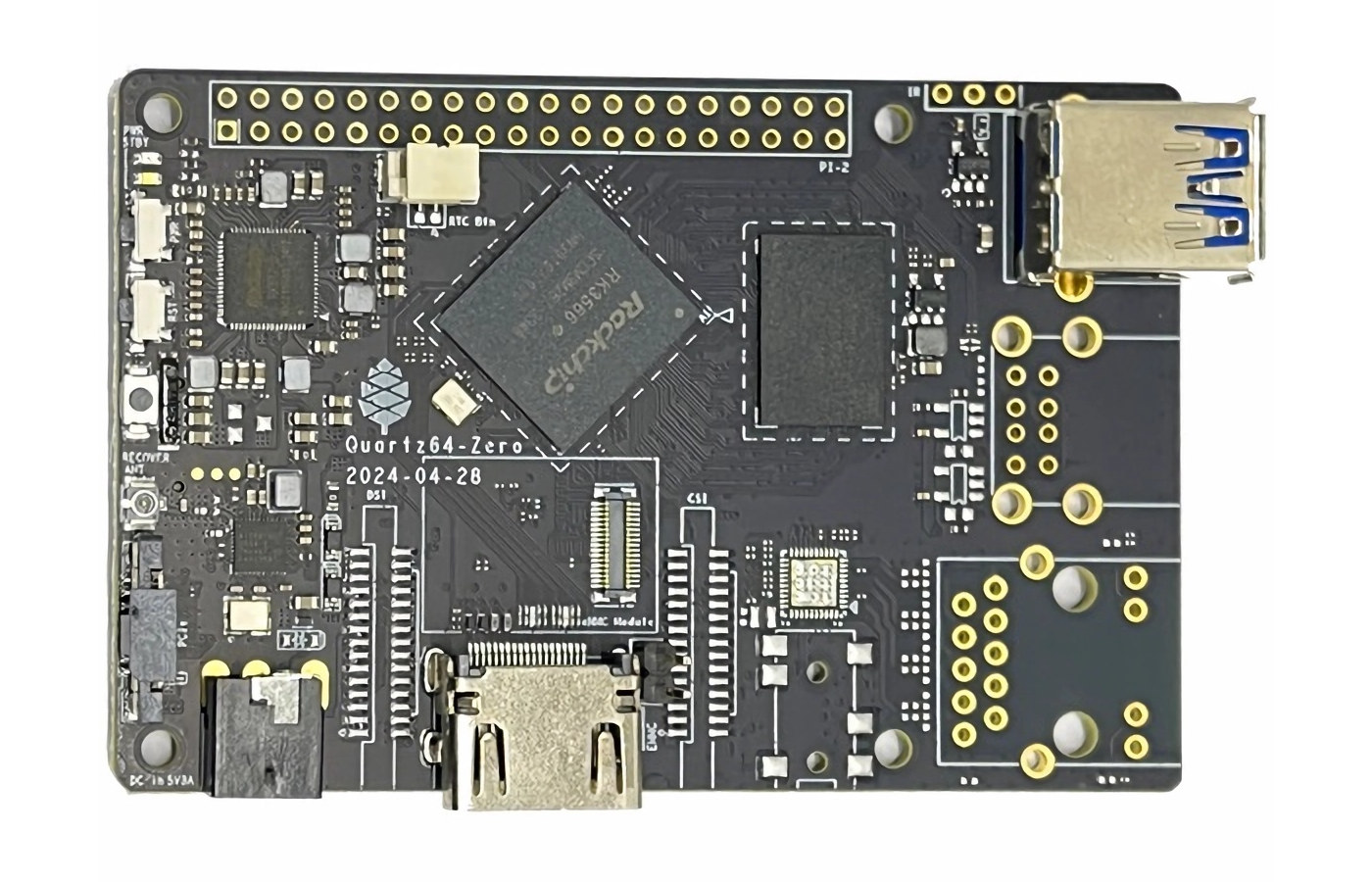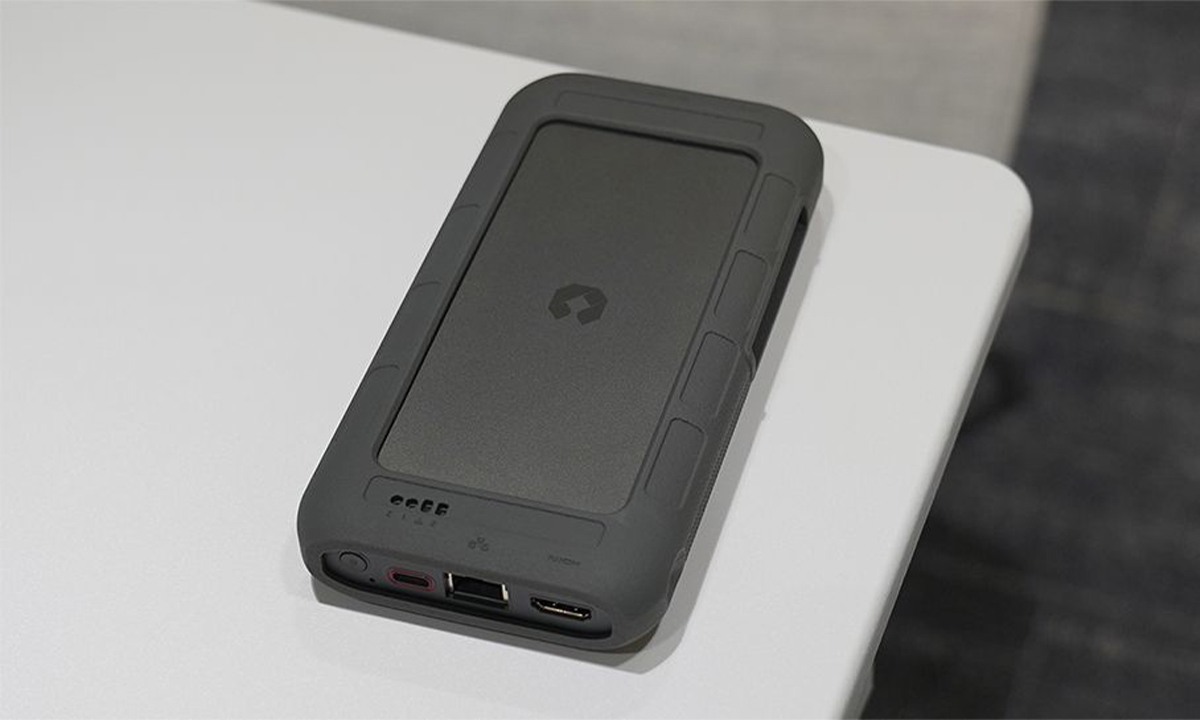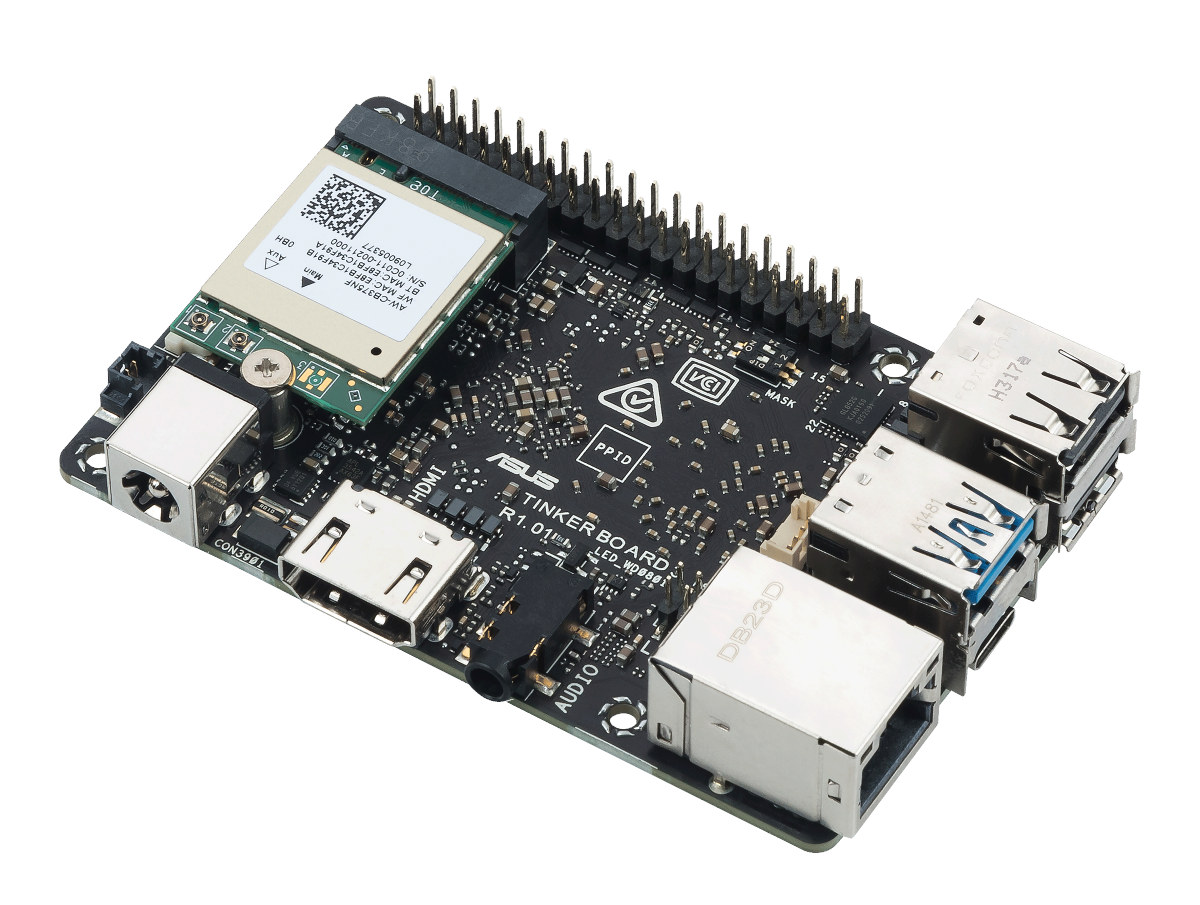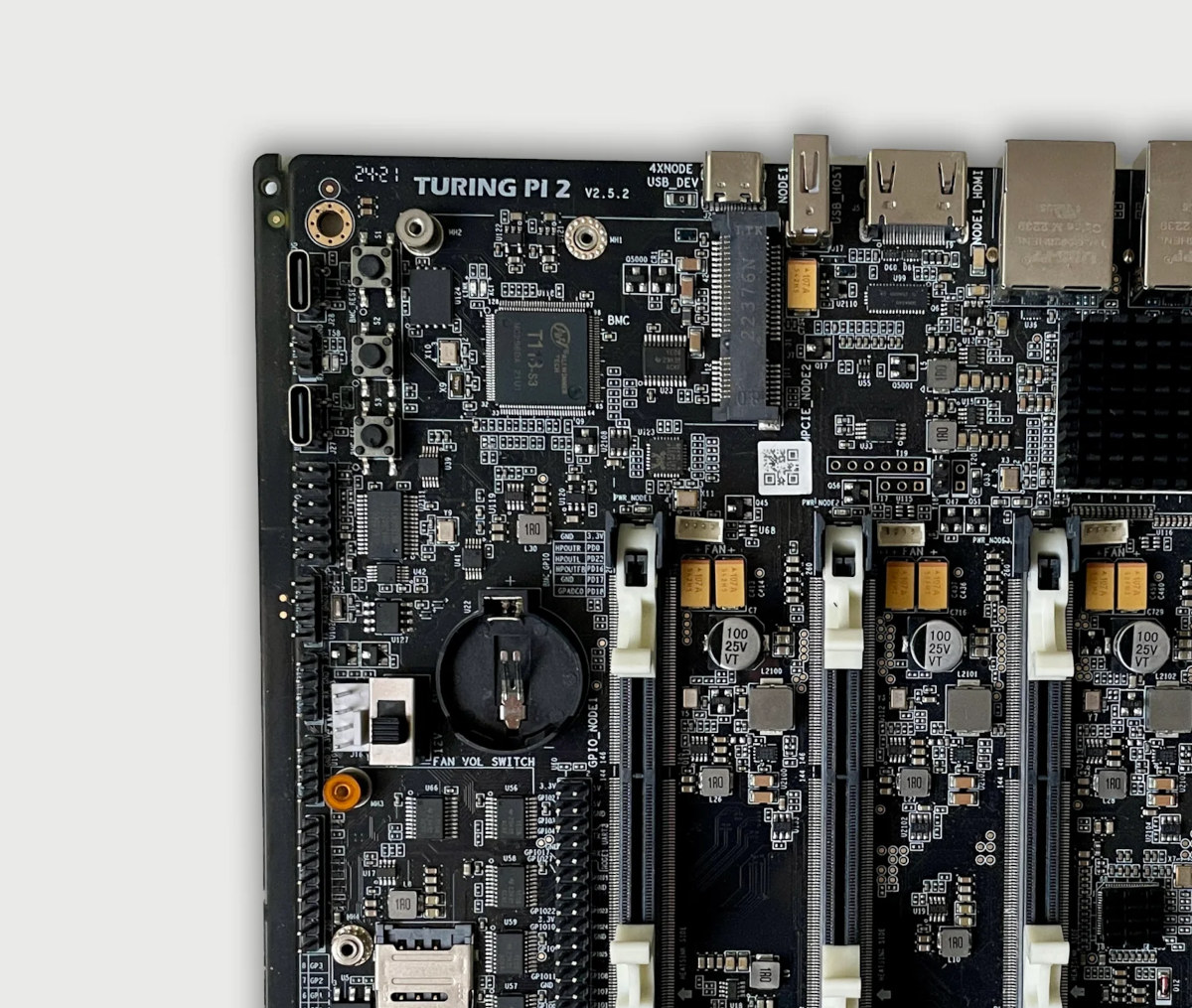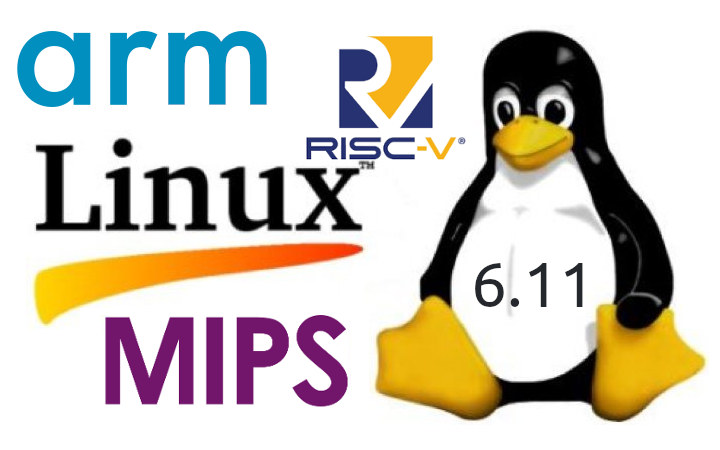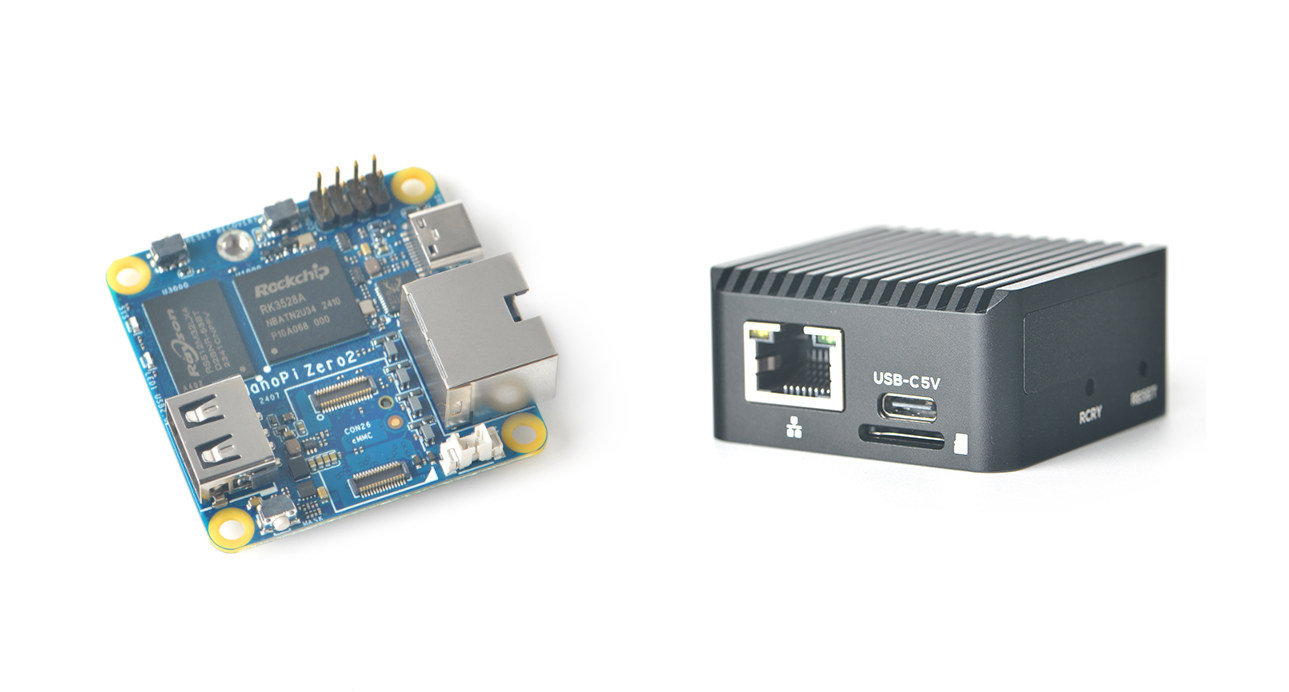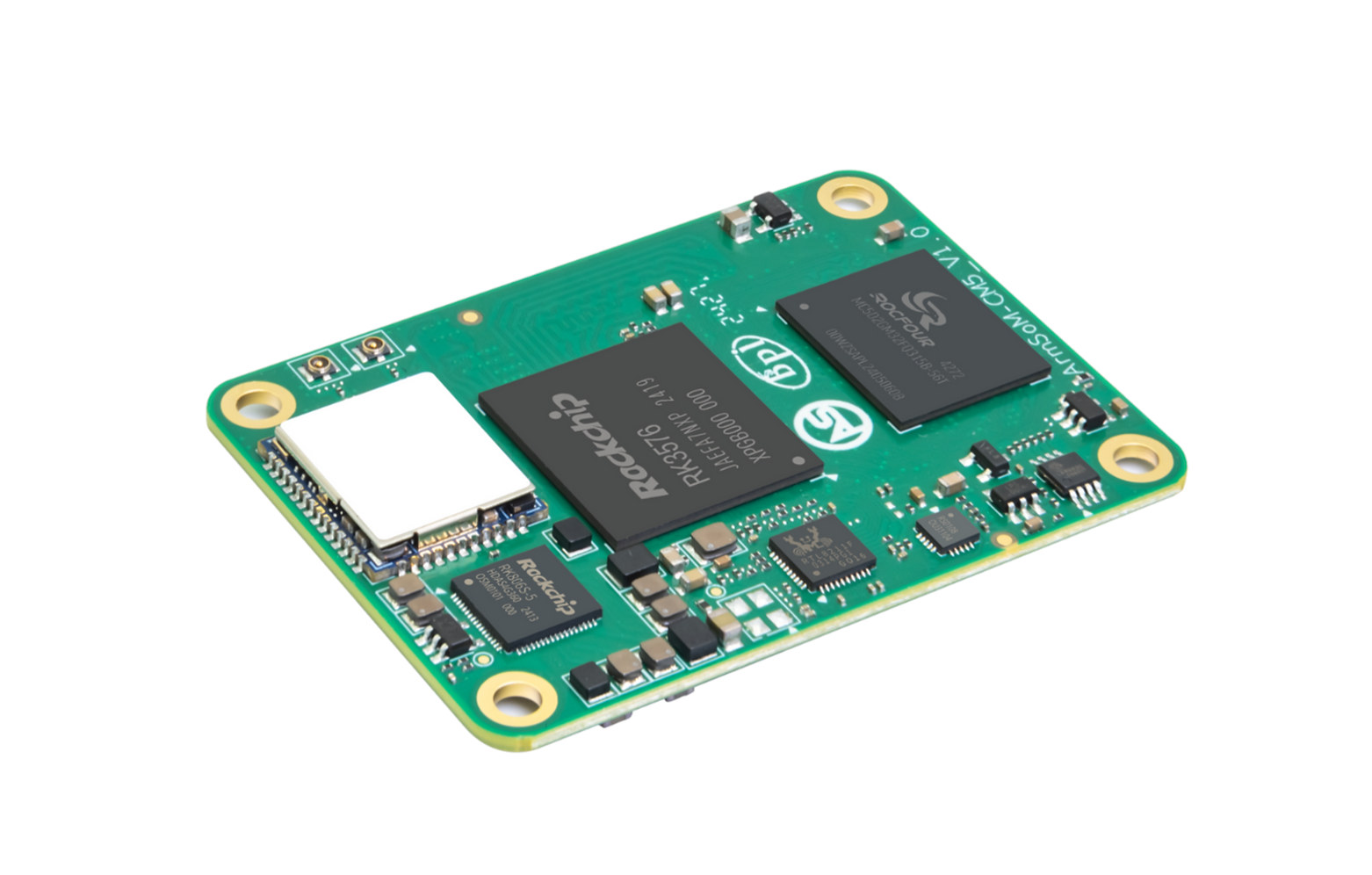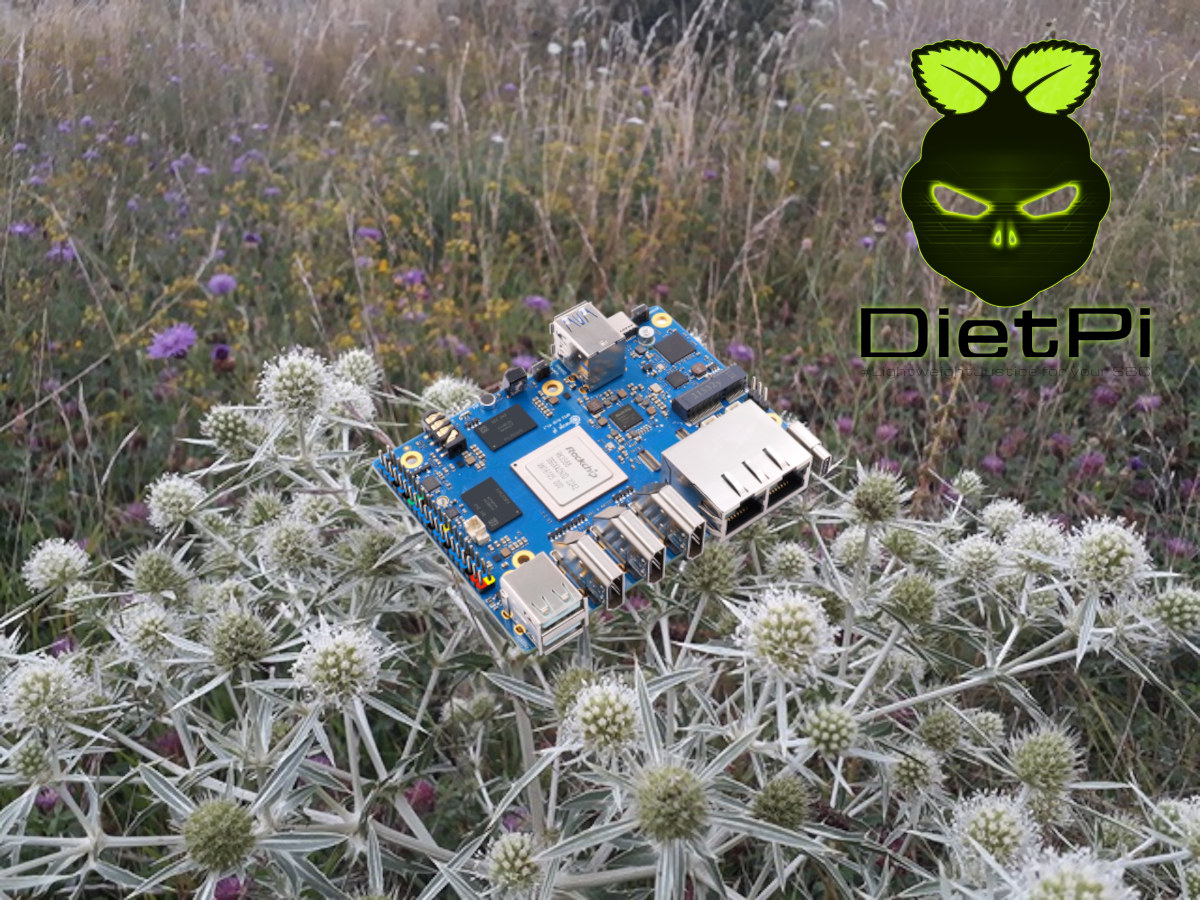The Quartz64 Zero is a thinner, cheaper version of the Quartz64 Model B with a Rockchip RK3566T quad-core Cortex-A55 SoC clocked at 1.6 GHz, 1GB LPDDR4, and HDMI and USB ports. The Quartz64 Zero has almost the same design as the Quartz64 with footprints for optional components (more on that later). Two noticeable differences are the presence of the 20-pin PCIe connector compatible with the one found on the Raspberry Pi 5 instead of a mini PCIe socket, and WiFi 6 and Bluetooth 5.4 support instead of just WiFi 5/Bluetooth 5.0. Quartz64 Zero specifications (changes highlighted in bold and strikethrough when items have been removed): SoC – Rockchip RK3566T CPU – Quad-core Cortex-A55 processor up to 1.6 GHz GPU – Arm Mali-G52 GPU supporting OpenGL ES 1.1/2.0/3.2, OpenCL 2.0, Vulkan 1.1 NPU – 0.8 TOPS NPU for AI acceleration (Unclear whether it’s present, not listed in the specs) System Memory […]
UnifyDrive UT2 – A compact NAS powered by Rockchip RK3588C with NVMe SSD support and AI-driven storage management (Crowdfunding)
The UnifyDrive UT2 is a compact network-attached storage (NAS) device powered by the Rockchip RK3588C processor. It supports WiFi 6, and Bluetooth, and has multiple ports for connectivity. Equipped with two M.2 2280 slots for PCIe 3.0 NVMe SSDs, it offers up to 16 TB of storage. The device can connect to networks via 2.5 GbE or WiFi and also function as a WiFi access point, allowing file transfers even without an internet connection. A built-in battery provides uninterruptible power supply (UPS) functionality, enabling continued operation when unplugged. Designed for both home and mobile use, the UnifyDrive UT2 offers AI-driven storage management in a portable form factor. Its versatile networking options allow remote access, backups, and on-the-go file transfers. Despite its size, it delivers robust functionality, serving as a full-featured NAS solution in a variety of settings. I didn’t find any significant differences between the Rockchip RK3588 and RK3588C. This […]
ASUS Tinker Board 3 – A credit-card sized Rockchip RK3566 SBC with 12V to 19V DC input
ASUS Tinker Board 3 is a credit card-sized SBC based on Rockchip RK3566 SoC with an HDMI port, a 3.5mm audio jack, gigabit Ethernet, an M.2 socket for WiFi and Bluetooth, four USB ports, and a 40-pin GPIO header with a layout similar to the Raspberry Pi 3 Model B. When I first wrote about the Tinker Board 3 in 2023, it was a larger (100 x 100 mm) SBC based on Rockchip RK3568 SoC that was later renamed to Tinker Board 3N, now also available as a complete rugged system (more about that in a subsequent post). The new Tinker Board 3 (2024) is a completely different design that competes against Radxa ROCK 3C and Orange Pi 3B boards also based on RK3566 and offered in a business card/credit card form factor similar to the Raspberry Pi 3B. Tinker Board 3 specifications: SoC – Rockchip RK3566 CPU – Quad-core […]
Turing Pi 2.5 mini-ITX cluster board for system-on-modules launched along with a mini-ITX enclosure
The Turing Pi 2.5 is a mini-ITX motherboard designed for clusters of system-on-modules such as Raspberry Pi CM4, NVIDIA Jetson modules, or the company’s own RK1 SoM powered by a Rockchip RK3588 AI SoC. A mini-ITX case compatible with both the Turing Pi 2 and 2.5 boards is also available. The Turing Pi 2.5 is an upgrade to the earlier Turing Pi 2 with the main key features, but some updates related to USB, HDMI output, new 8-pin connectors for I2C, audio, and GPIO pins, and BMC upgrades. While the company has just announced the start of Turing Pi 2.5 and the mini-ITX case pre-order, documentation and photos on the store and documentation website have not been updated. Everything is still about the Turing Pi 2 except for the information in the announcement. I won’t go through the specs since they are not available for the latest version, but the […]
Linux 6.11 Release – Notable changes, Arm, RISC-V and MIPS architectures
Linux 6.11 is out with Linus Torvalds’ announcement on the Linux kernel mailing list (LKML): I’m once again on the road and not in my normal timezone, but it’s Sunday afternoon here in Vienna, and 6.11 is out. The last week was actually pretty quiet and calm, which is nice to see. The shortlog is below for anybody who wants to look at the details, but it really isn’t very many patches, and the patches are all pretty small. Nothing in particular stands out – the biggest patch in here is for Hyper-V Confidential Computing documentation. Anyway, with this, the merge window will obviously open tomorrow, and I already have 40+ pull requests pending. That said, exactly _because_ I’m on the road, it will probably be a fairly slow start to the merge window, since not only am I on my laptop, there’s OSS Europe starting tomorrow and then the […]
NanoPi Zero2 is a tiny headless Arm Linux computer with Gigabit Ethernet, a USB port, and an M.2 Key-E socket for WiFi
FriendlyELEC NanoPi Zero2 is one of the world’s smallest Arm Linux computers with the 45x45mm board featuring a Rockchip RK3528A quad-core Cortex-A53 processor, up to 2GB RAM, microSD and eMMC flash module sockets for storage, a Gigabit Ethernet RJ45 jack, an M.2 socket for WiFi, a USB Type-A port, and a 30-pin GPIO FPC connector for expansion. When I went to find more information about the earlier NanoPi Zero, I quickly realized… it did not exist, and the closest thing we have is the ZeroPi released in 2019 with an Allwinner H3 Cortex-A7 processor and an even smaller 40x40mm form factor. The NanoPi Zero2 comes with a 64-bit processor, more memory, and optional support for an M.2 WiFi module among other improvements. It’s designed for headless applications since there’s no video output/display interface. NanoPi Zero2 specifications: SoC – Rockchip RK3528A CPU – Quad-core ARM Cortex-A53 @ 2.0 GHz GPU – […]
Banana Pi BPI-CM5 Pro – A Rockchip RK3576-powered Raspberry Pi CM4 alternative with up to 16GB RAM, 128GB flash, a 6 TOPS NPU
Banana Pi BPI-CM5 Pro, also called ArmSoM-CM5, is a Rockchip RK3576 system-on-module electrically and mechanically compatible with the Raspberry Pi CM4 while offering up to 16GB LPDDR5 memory, 128GB eMMC flash, and a 6 TOPS AI accelerator embedded into the RK3576 SoC. It comes with a WiFi 6 and Bluetooth 5.3 wireless module, a PMIC for power management, and two 100-pin connectors mostly compatible with the pinout of the Raspberry Pi Compute Module 4. ArmSoM also provides a CM5-IO carrier board to make use of the extra USB 3.0 and PCIe interfaces, and the company told CNX Software they tested the module successfully with the official Raspberry Pi CM4 IO board. Banana Pi BPI-CM5 Pro specifications: SoC – Rockchip RK3576 CPU – 4x Cortex-A72 cores at 2.2GHz, 4x Cortex-A53 cores at 1.8GHz GPU – Arm Mali-G52 MC3 GPU with support for OpenGL ES 1.1, 2.0, and 3.2, OpenCL up to 2.0, […]
DietPi 9.7 and Armbian 24.8 released with improved support for Rockchip, Amlogic, and Allwinner SBCs
Armbian and DietPi are two separate projects that provide Linux-based OS images optimized for Arm-based single board computers. The last time we had a look at both projects was in June with the release of Armbian 24.5.1 and DietPi 9.4, but there have been several updates since then including the releases of the latest DietPi 9.7 and Armbian 24.8 Yelt just a few days ago. So let’s check out the latest changes. DietPi 9.7 DietPi is a lightweight Debian-based Linux distribution for SBCs and server systems that ships as a minimal image but users can install any packages they want, including the ones required for desktop environment, to match the requirements of the applications. It’s notably used by the Linamp project – a Raspberry Pi 4-based project that brings WinAMP to real life – that we covered a few weeks ago. DietPi 9.7 was released on August 25, 2024 with […]

